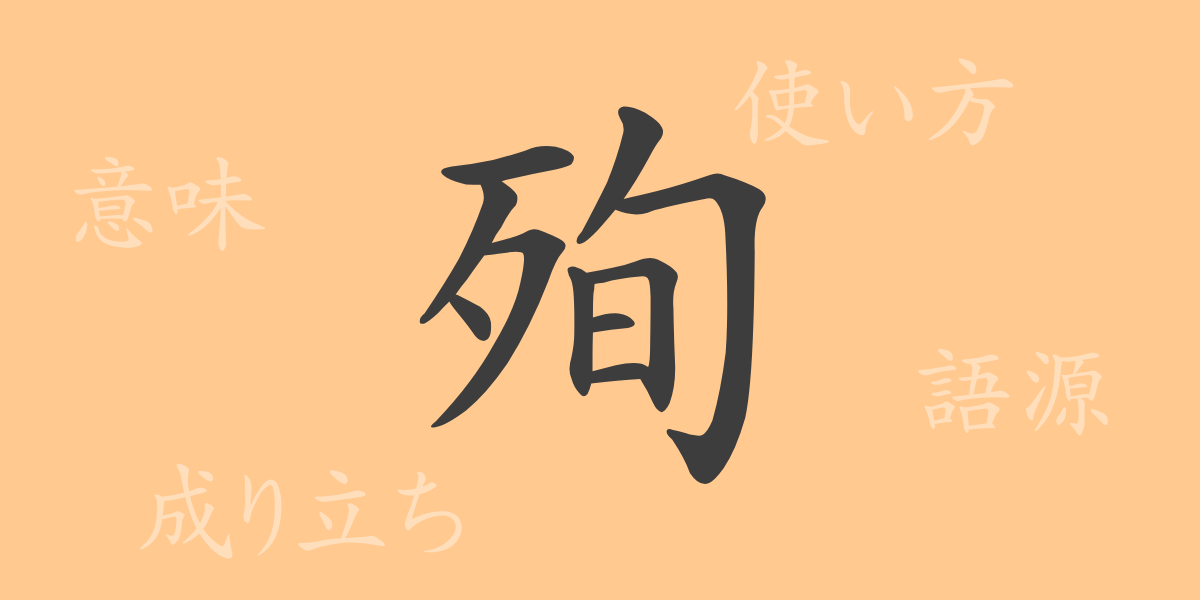Japanese written culture is profound, with each kanji character having its own unique history and meaning. Among these, the kanji “殉(じゅん, jun)” holds particularly deep significance. Though it may not frequently appear in daily life, this character is deeply rooted in the spirituality and history of the Japanese people. This article will explore the origins, meanings, and usage of “殉(じゅん, jun),” along with related compound words and idioms, to reveal the distinctive worldview embedded in this kanji.
殉の成り立ち(語源)
The kanji “殉(じゅん, jun)” originated in ancient China. It includes the radical “殳(ぼう, bou),” which signifies a weapon, combined with “死(し, shi),” meaning death. This combination suggests the concept of sacrificing one’s life for a cause. In ancient Chinese culture, loyalty and sacrifice for one’s lord or beliefs were highly valued, and “殉(じゅん, jun)” was used to describe such acts of devotion.
殉の意味と用法
In general, “殉(じゅん, jun)” means to sacrifice one’s life for something. It specifically refers to the act of giving up one’s life for a lord, belief, or loved one, similar to the English concept of “martyrdom.” This kanji symbolizes absolute loyalty and dedication to something precious and is often used in literary and historical contexts.
殉の読み方・画数・部首
Despite its heavy meaning, the structure of the kanji “殉(じゅん, jun)” is relatively simple.
- 読み方: 音読みでは「ジュン(jun)」、訓読みは特にありません。
- 画数: 全部で10画です。
- 部首: 部首は「歹(がつへん, gatsuhen)」で、死や殺害を連想させる漢字に共通する部首です。
殉を使った熟語・慣用句・ことわざとその意味
Compound words and idioms containing “殉(じゅん, jun)” are often quoted in various contexts due to their deep meanings. Here are some examples:
- 殉職(じゅんしょく, junshoku): Dying in the line of duty.
- 殉死(じゅんし, junshi): Following someone in death, especially a lord or a lover.
- 殉情(じゅんじょう, junjou): Sacrificing one’s life for love.
殉についてのまとめ
The kanji “殉(じゅん, jun)” signifies deep loyalty, dedication, and sacrifice. Although such extreme acts are rare in modern times, this kanji reflects the emotional and historical episodes deeply ingrained in Japanese culture. The use of “殉(じゅん, jun)” in Japanese literature and history symbolizes profound emotions and the importance placed on duty and sentiment, continuing to be passed down through generations.

























